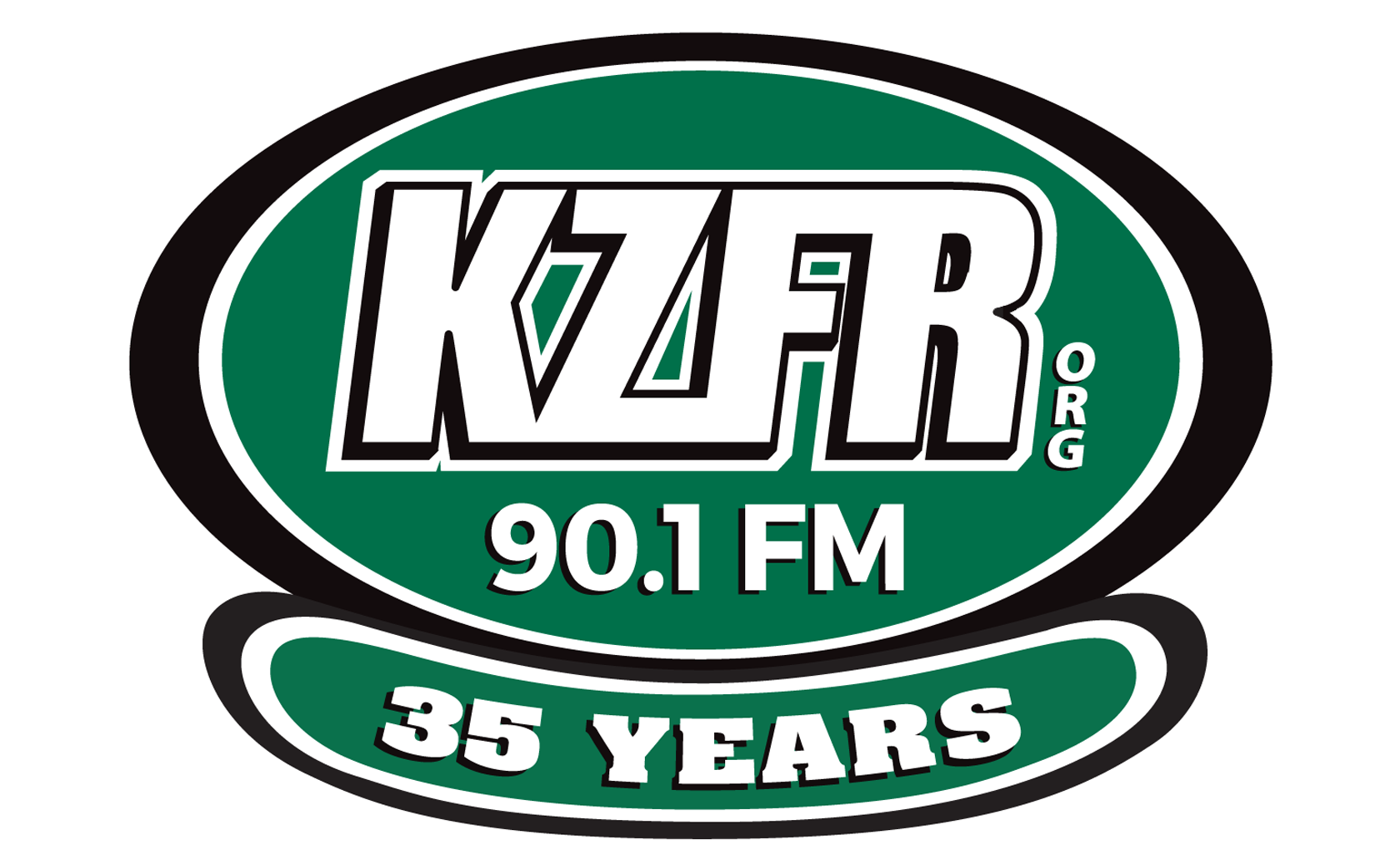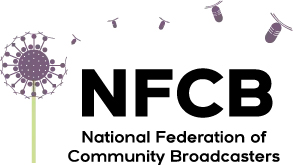With the world's environment, economy, social and political structures in turmoil, it's might be time to re-listen to an obscure, ancient ballad.
The best description of “Nottamun Town” is offered by writer Steve Leggett: “It is a haunting, minor key ballad with surreal, riddle-like lyrics and a certain intangible feel of constant dread and menace, and yet has an almost whimsical sense of humor .…. Although extremely descriptive, the lyrics to “Nottamun Town” are so elliptical that it is impossible to grasp firmly what the song might be about, but there is a certain apocalyptic sense about it, the feeling of a recent battle, of refugees on the road, of figures viewed through smoke and haze.”
Theories abound about its origins and meaning. It might be that the darkly bizarre lyrics simply reflect a town that has been infected with the Black Plague epidemic or perhaps ergot poisoning, a mold that attacks rye and causes hallucinations for all those who’ve ingested it.
It could be a product of the English Civil War (1642-1651) which began in Nottingham. According to Lyle Lofgren another very similar version of the song called “Nottingham Fair” was found in Missouri folk archives. Since residents of the Ozark Mountains of Missouri were the descendants of the folks who had migrated from the Appalachian Mountains (after arriving from the UK) in the early 19th century, Lofgren believes that Nottingham was the original inspiration for the tune. Research by Jean Ritchie in Nottingham however failed to discover variants of the song there. Regardless, the hard times leading up to that civil war had produced a popular literary theme of the day: ‘The World Turned Upside Down.’ The fine arts reflected this idea and there are many woodcuts dating from this period that illustrate cats chasing dogs, men wearing boots on their hands, and other reversals of the norm. And “Nottamun Town” fits right in:
And the King and the Queen and
the company more
Came a riding behind and a walking before
Come a stark-naked drummer beating a drum
With his hands in his bosom came marching along
But the theory that seems to be most credible is that the lyrics emerged out of the English Mummer’s Plays tradition (beginning circa AD 1300) which in turn had evolved from community festivals that were as ancient as agriculture itself. Each festival commemorated an agricultural activity and served to unite the community and promote cooperation in planting and harvesting. When the Roman Empire spread to the British Isles, the conquerors introduced their Roman festivals without regard to local practicality. Saturnalia’s Feast (for the god of sowing) was held in December, the Mediterranean sowing season. This festival featured activities that were normally prohibited, and behaviors that were the exact opposite of the norm; drunkenness and sexual licentiousness were rampant, commoners occupied places of authority, slaves were served by their masters, and songs and skits exchanged common sense themes for nonsensical themes. The festival was a reminder that reversal was a necessary part of life: In order to grow crops the earth had to be turned, so what was once on top is now underneath.
But Saturnalia’s Feast had no real practical application in England since it took place in the middle of winter. The agricultural meaning was quickly lost but the skits and songs survived as social and political statements, both serious and humorous. Every December British peasants continued to dress up or down, blackened their faces and made the rounds of the manor houses where they’d sing, perform foolish skits, and beg for rewards. The performers were called “Mummers.” Anthropologists say that these types of rituals - 'rites of reversal' - are primarily found in societies undergoing internal stress and they serve as a means to release tension and animosity between the classes.
The Mummer’s topsy-turvy performances referenced the plagues, politics and warfare, and any other important current event the effected the lives of commoners. There was a lot to dramatize as the feudal system was becoming dysfunctional as a result of dramatic climatic change and its impacts upon the agricultural economy.
When I got there no one did I see
They all stood around just looking at me
I called for a cup to drive gladness away
And stifle the dust for it rained the whole day
Whatever the origins of each indecipherable stanza, by the 19th century only the Mummer’s skits remained; in England the songs had been forgotten, their obscure and puzzling lyrics became irrelevant. “Nottamun Town” did survive though. It was re-discovered in 1917 by British folklorist Cecil Sharp in rural Knott County, Kentucky. It was sung by Sabrina and Una Ritchie. He published that version in his 1932 book “Folksongs of the Southern Appalachians.” Una had remembered the melody but she had to ask her father for the lyrics before they could perform it for Sharp. Una’s sister, the folk singer, dulcimer player and Fulbright Scholar Jean Ritchie wrote that: “The song has been in our family for many generations …. our family ancestors came over from England, Scotland, Ireland, the earliest ones we know of arrived in 1768.”
Besides Ritchie and Lofgren’s references, there is little evidence of the song’s widespread performance in America - unlike back in England. Perhaps the economic, social and political challenges facing the English commoners were so great that their only options were to either sail away to the new world or to imagine a new, upside-down, inside-out existence.
Their counterparts in America also faced challenges, although they were not bound to an island constrained by the vast western ocean and bordered by a continent in similar crises. If immigrant life in the Piedmont was difficult, move up the Appalachians, and then over to the Ozarks, and then across the Plains and further. America had an endless horizon and a geography instilled with hope. No need for an alternative dream reality, no place for a “Nottamun Town.”
But perhaps now there is – in a world that’s warming; where ocean’s fill with melted ice but water is scarce across the continents; where forest fires rage while hurricanes increase in magnitude, and where refugees everywhere are in flight. As obscure and inscrutable as they may be, the lyrics might just make sense to us now.
Sat down on a hard hot cold frozen stone
Ten thousand stood round me but I was alone
Took my hat in my hand to keep my head warm
Ten thousand was drowned that never was born.
On American Pastimes: Jean Ritchie and Mountain Home perform versions of “Nottamun Town.”
Footnote: Although there have been relatively few recordings of the song after Jean Ritchie’s, Ritchie’s recording was still highly influential. Grateful Dead lyricist Robert Hunter points to the ballad as the inspiration for his own approach to songwriting: The emotional power and vitality of the lyrics don’t require clarity of meaning and precise understanding because an emotional connection can be made with strong imagery and symbols whose meanings can be varied and open to personal interpretation. The lyrics however are not the only noteworthy feature of the song. The melody is especially powerful and has taken on a life of its own. Boston-based folk musician Jackie Washington: “I had found a song of Jean Ritchie's called ‘Nottamun Town.’ It's sung in a minor key against a major, like a lot of these mountain songs. It sounds nice, but I just couldn't do it, so I changed the tune to minor and made sort of a drone sound with the guitar. [Bob] Dylan loved this. I was playing at Gerde's [Folk City] and he would come in every night and ask me to sing it. He went over to Vanguard [Records], and Maynard [Solomon, owner] gave him a copy of my record. The next time I heard my tune -- which was my tune -- it was ‘Masters of War.’" Washington didn’t sue Dylan. He wrote a scathing, mimicking song about him called “Long, Black Cadillac.”
Sources: Steve Leggett (“When Up is Down” Allmusic Blog, June 2008), Roger McGuinn’s Folk Den correspondence with Jean Ritchie (October 1999), Lyle Lofgren (“Inside Bluegrass,” Sept. 2003), Baby, Let Me Follow You Down: The Illustrated Story of the Cambridge Folk Years by Eric von Schmidt & Jim Rooney.








